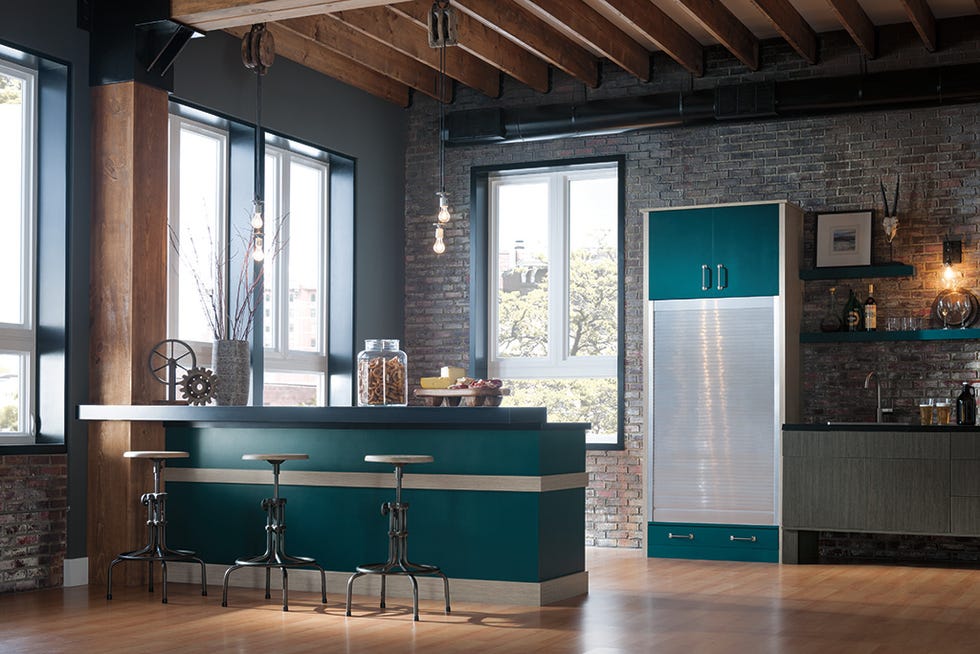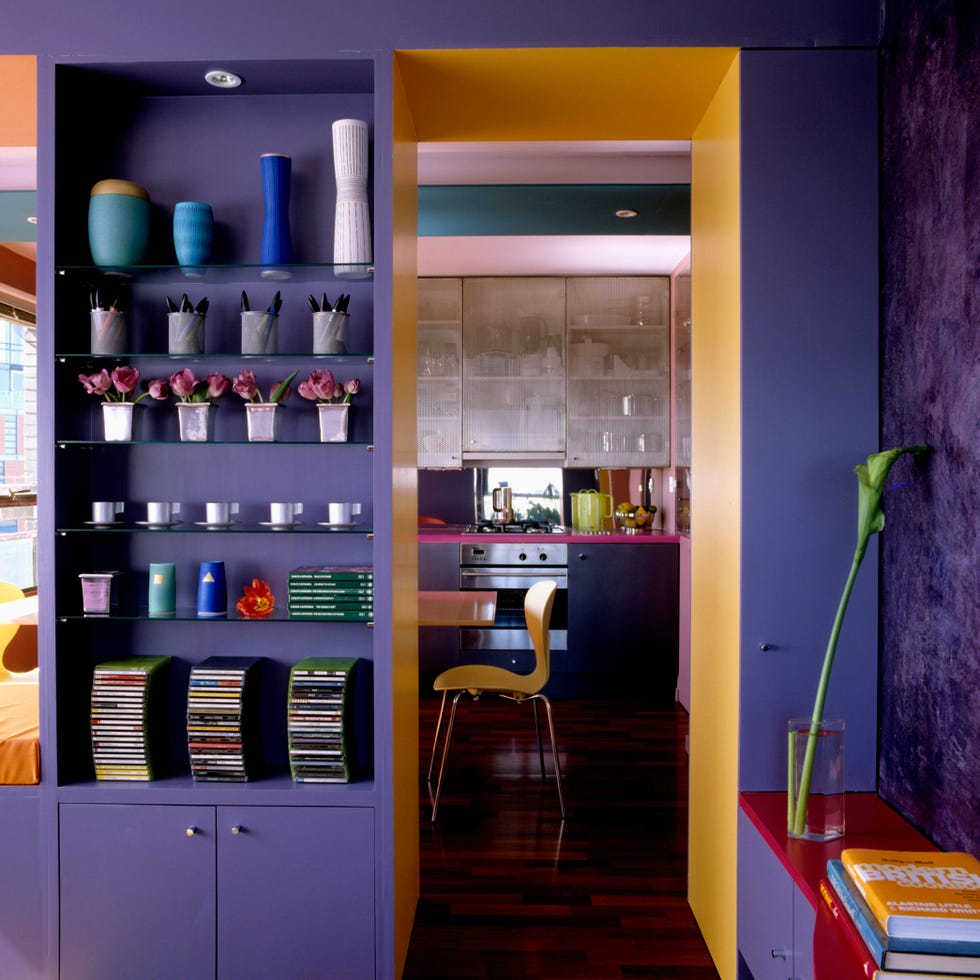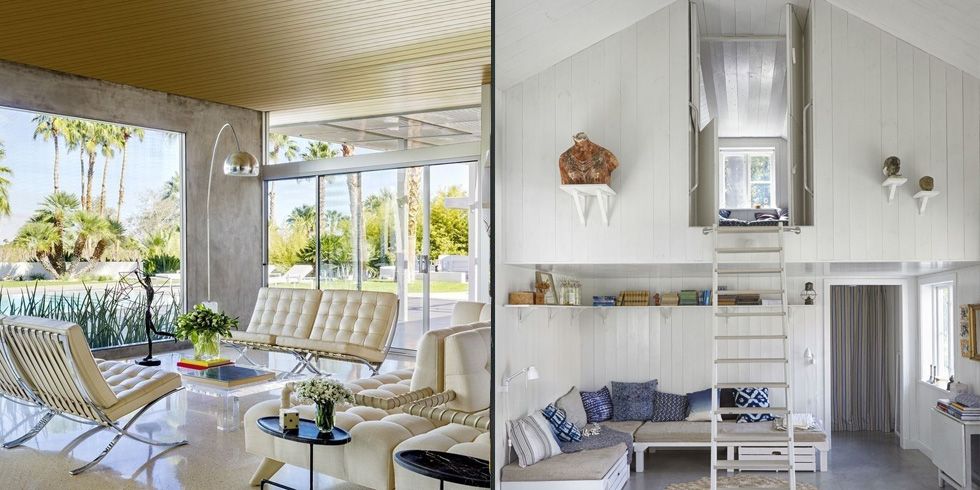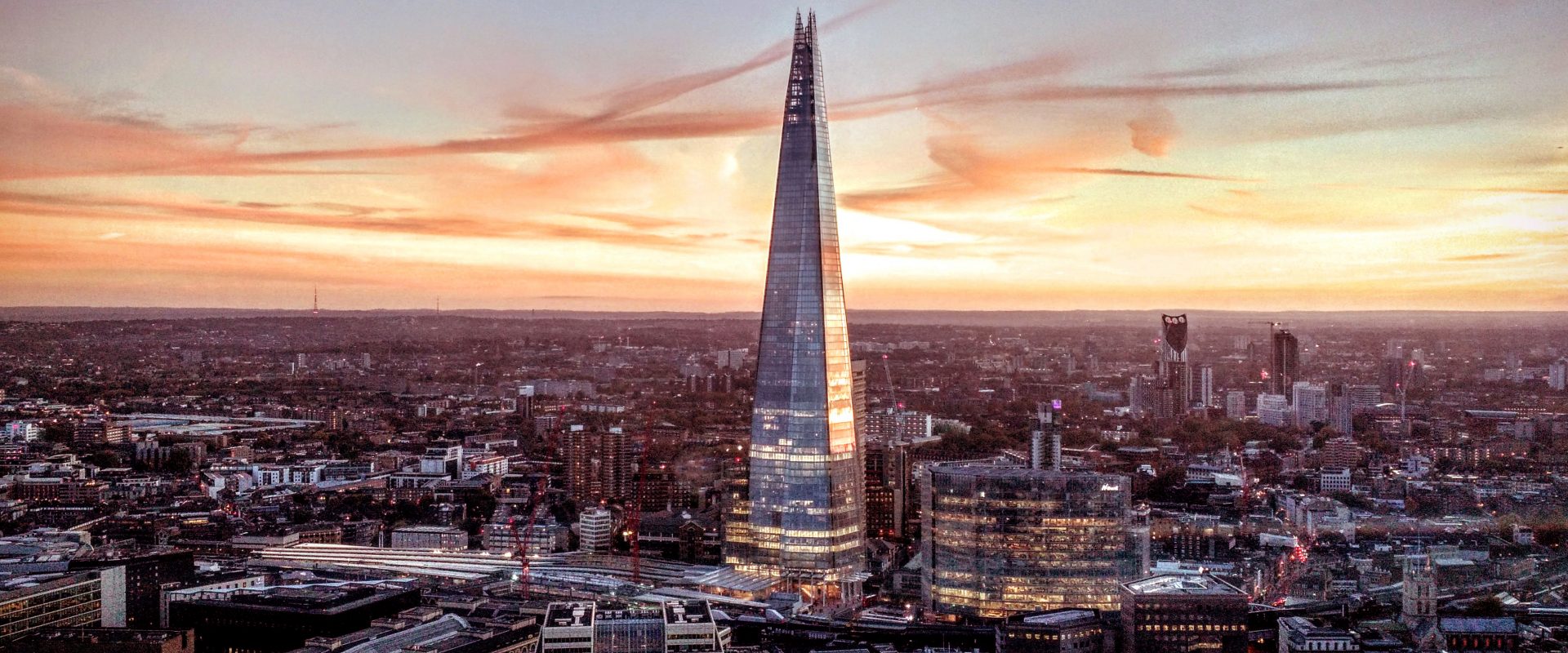There are a lot of ways of launching yourself into the real estate business. And if you are really close to the business, opportunities might be even more diverse. And that is because ‘diversification’ is a trend and it creates niches of investments one can miss as an outsider.
Digital Era for Real Estate Starts in the UK
UK is about to become a world leader for ‘for speed, simplicity and an open approach to data’, when it comes to real estate transactions. This is the goal the Land Registry set for 2018 and it should be reached once digitalization is in place – 6th of April 2018.
The process will become simpler, faster and cheaper while at the same time the integrity and security of the register against threats from cyber-attacks and digital fraud will be strengthened…
But what are the implications for those acting on the real estate market: sellers and buyers?!
Details in the article on Property Wire:
What is the Difference Between Freehold and Leasehold?
Photo source: http://bit.ly/2nartS9
Before buying a home, it’s essential to know whether it’s freehold or leasehold. It’s the difference between owning your property outright and having a landlord.
Freehold
Owning a property freehold means you own the whole building and the land it stands on. Most houses – not ones divided into flats – are sold on this basis. When buying a freehold property, you are listed on the land register. You’re responsible for any and all costs incurred to maintain the fabric of the building, common parts and land.
While this might sound like a big responsibility, the benefit is that you won’t need to pay ground rent, service charges or management fees, and you’re able to modify the property to your tastes – seeking planning or building permission where required.
Leasehold
Leasehold means you effectively lease a property for a number of years. This is common for flats or apartments, and less common with houses. You will have bought and signed a lease agreement for the property from the freeholder, often referred to as the landlord.
When buying a leasehold, the more number of years on the lease, the better. Leases can last as long as 999 years! After this time, the lease reverts back to the freeholder. Avoid buying properties with 80 years or less left on the lease. Securing mortgages on these properties is difficult and you may have to shell out for expensive renewal fees if you wish to remain in the property after the lease has expired.
Leasehold limitations
You don’t own the property outright when you buy a leasehold. As a result, you may face restrictions and additional charges.
For example, you’ll need the freeholder’s permission to do certain things. This is known as requesting a ‘licence for alterations’. From asking to keep a pet, to seeking permission to knock walls through, actions you may need to ask the freeholder about can vary from property to property.
Ground rent and service fees apply, too. These annual fees are charged to the leaseholders for the maintenance of the building. Primarily, these fees are put towards building insurance, but also cover the upkeep of common areas, entrance ways, building security or roofing and structural repairs.
The only time this is not the case is if the leaseholders have been awarded the Right to Manage.
What is Right to Manage?
Unhappy with how the freeholder’s managing agents look after the property, or are spending the service charge funds? You could apply to take over certain building management duties from the freeholder. This is known as ‘The Right to Manage’ and is awarded by the First Tier Tribunal.
To gain Right to Manage responsibilities, multiple leaseholders need to apply collectively. For more information on qualifying for Right to Manage, visit the Leasehold Advisory Service.
Share of freehold
Should you choose to buy a leasehold property, in many cases you may be eligible to collectively purchase the freehold. ‘Collective enfranchisement’ is when a group of leasehold property owners act together to buy the freehold of the property. Owning the freehold is an attractive prospect, because you’ll have more freedom over your property. Sounds great, but the road to get there is complicated.
We strongly recommend researching the complexities of owning a share of the freehold, seeking legal advice before making your first move. Sites like gov.uk and lease-advice.org are great starting points.
Kitchen Trends for 2018
One of the most important rooms of a house is the kitchen. And it’s usually difficult to find a design that suits your style, is efficient, functional, and in the trends at the same time.
So if designing/ redesigning the kitchen is on your list for 2018, we made a list of articles you should check out before settling your mind on something.
9 Top Trends in Kitchen Design for 2018
They are saying that you should have on your shortlist of kitchen-must-have’s the following:
- technology and gadgets;
- white, elegant gray and dark shades as colours;
- less upper cabinets;
- quartz countertops;
- clever storage space;
- hardwood flooring or ceramic tiles;
- single-level multipurpose kitchen islands;
- … and, since everyone gets around the kitchen, please provide it with some pet-friendly spaces.
However, trends are not always about keeping it clean and neat. Sometimes they are bold and revolutionary… like these suggestions from Elle Decor:

Photo source: Elle Decor http://bit.ly/2DMUKvs

Photo source: Elle Decor http://bit.ly/2nartS9
And for all those wanting a kind, calm, and loving kitchen, just like your family, get some inspiration from this types of natural wood cabinets. They might be more in your trends than you think!
Confused by House Trends?!
House trends can be confusing if you are one of those addicts always wanting to ride the wave. And it’s usually not the trends themselves, but the terms specialist use to name small changes in style from one trend to another.

Photo source: hips.hearstapps.com http://bit.ly/2rA5o4b
We have ‘Scandinavian’ vs. ‘minimalism’ for example. When you see an image of two rooms that illustrate these two design concepts, you might be inclined to say there is no difference. Specialists beg to differ and that is because:
- minimalism refers to open-spaces decorated with industrial materials and a lot of geometrical shapes;
- while ‘Scandinavian’ means using natural materials and pale shades.
Moreover, the Scandinavian trend implies using minimalism items like these pieces of furniture we like! 🙂
Ready to be an Investor in Real Estate? #guidelines
If 2018 came with some extra courage for you, we have some ideas on how to materialize it! Start a business in real estate for some extra monthly income and good use of your spare time. And there might be months when the money are just going to come, without any effort.
As any other business idea, becoming an entrepreneur in the real estate domain is tricky. Might not seem easy at first, but things are not very complicated. Just ‘do your homework’ in advance, as this article on Property Division says and you should be prepared.
Feeling ready? We’re here if you have any questions and you can go to our website to search for types of properties that are worth investing in.
Property Buyers Moved Online

Photo source: Pexels.com http://bit.ly/2DksPiY
Over the past few years, the digital landscape has changed dramatically. Social media for estate agents is no longer an option but more of an imperative. Here are 4 BIG reasons why an estate agent should be using social media although they can apply to any business.
Social media doesn’t cost much
Social media, with its massive reach and huge audience, is the most effective way to promote your business online without investing a ton of money. Creating a profile is free and there are tools out there to help you manage all your profiles from one single dashboard so that helps take some of the stress away.
Developing an audience / following takes time but using the 75% / 25% approach – i.e. 75% of posts are about news / advice / help & support and then 25% are about you and your services – you should find it begins to grow.
Any paid promotions you decide to invest in, like Facebook Ads etc, are a relatively a low cost compared to other marketing expenses. The cost effective nature of social media enables you to see a much greater return on investment when compared to other marketing efforts.
Your customers are already on there
There were 2.80 billion global social media users in 2017, so many of your customers, clients, and future customers are already actively engaging on social media. It’s crucial as an estate agent that you engage and connect with your audience.
This is where social media can have a huge impact on your agency, giving you the opportunity to be in front of people who are relevant to your business and local area. Given the competitive nature of the property industry, social media is more important than ever in marketing your home to potential buyers or tenants.
Get in front of your competition
Although many agents use social media these days, it’s still surprising that a lot of companies are yet to get to grips with it properly. This is where you can turn it into your advantage; a lot of agencies neglect the engagement side of social media and solely put their efforts on advertising their properties. There is so much more to social media than just advertising your properties, by adding a human touch and engaging with your audience, your brand awareness will go through the roof.
Improves brand loyalty
A staggering 71% of consumers who have had a good social media experience with a brand are likely to recommend it to others. Reviews by followers can go a long way in improving your brand’s credibility, with people more inclined to contact you when looking to buy, sell or let a property.
Your followers can see what you are up to on a daily basis, giving you the opportunity to interact with them in real life and provide quick answers to their needs; this can go a long way in keeping potential customers satisfied.
By using social media, estate agencies can create more substantial, personal relationships with their clients while enhancing the visibility of their brand.
Housing Market for the Start of 2018
The average price of a property coming onto the market in January 2018 is up by nearly £2,000 compared with December 2017, but sales are down by 5.5% from this time last year.
Rightmove, which tracks 90% of the UK property market, said there had been a “good start” to 2018, with more than 4 million visits a day to its site, up nea rly a tenth on last year. The average price was up 0.7% to £297,587.
rly a tenth on last year. The average price was up 0.7% to £297,587.
But sellers may be being hopeful in their pricing and may have to reduce the price to find buyers. Rightmove said the average time to sell a property has jumped to 67 days compared to 55 days last summer, which is an extra 12 days.
The period from now to late spring is traditionally the busiest time of the year for house hunters as they aim to complete transactions and then move during the summer school holidays and be settled in time for the Christmas holidays, but Rightmove said the pace of activity had slowed down.
Asking prices continue to fall in London. The average price for a home listed by the website in the capital is currently £600,926, down 1.4% on the month and 3.4% over the year.
With affordability stretched and incomes falling behind inflation, most property forecasters are predicting flat house prices in 2018 or relatively minor rises.
The two big lenders that operate well-known price indices, Nationwide said it is expected property values to be “broadly flat in 2018, with perhaps a marginal gain of around 1%”. Halifax has allowed itself some wiggle room, predicting UK growth from 0% to 3%.
Halifax said that in December house prices fell by 0.6%, the first decline it had registered in six months.
House Hunting 2018?!
Big plans this year? Do they include buying a house? Best of luck!
Our main advice is to do your research in due time and try to have a guideline before you start searching. You can actually start with these 5 things in mind:
- Give yourself enough time for research.
- Is it going to be your home forever-and-ever or just for a couple of years?
- Location is most important for you?
- Estimate correctly the buying time.
- What are the main responsibilities you are looking to?!
London Commercial Property Market Starts 2018 Strongly
Photo source: Wikimedia http://bit.ly/2EBN0JJ
[…] the growing appetite for flexible offices is permeating across European markets, with London, Berlin and Paris witnessing the strongest growth. The sector will continue to expand, as new styles of workspaces are developed to service a growing variety of occupier needs […]


